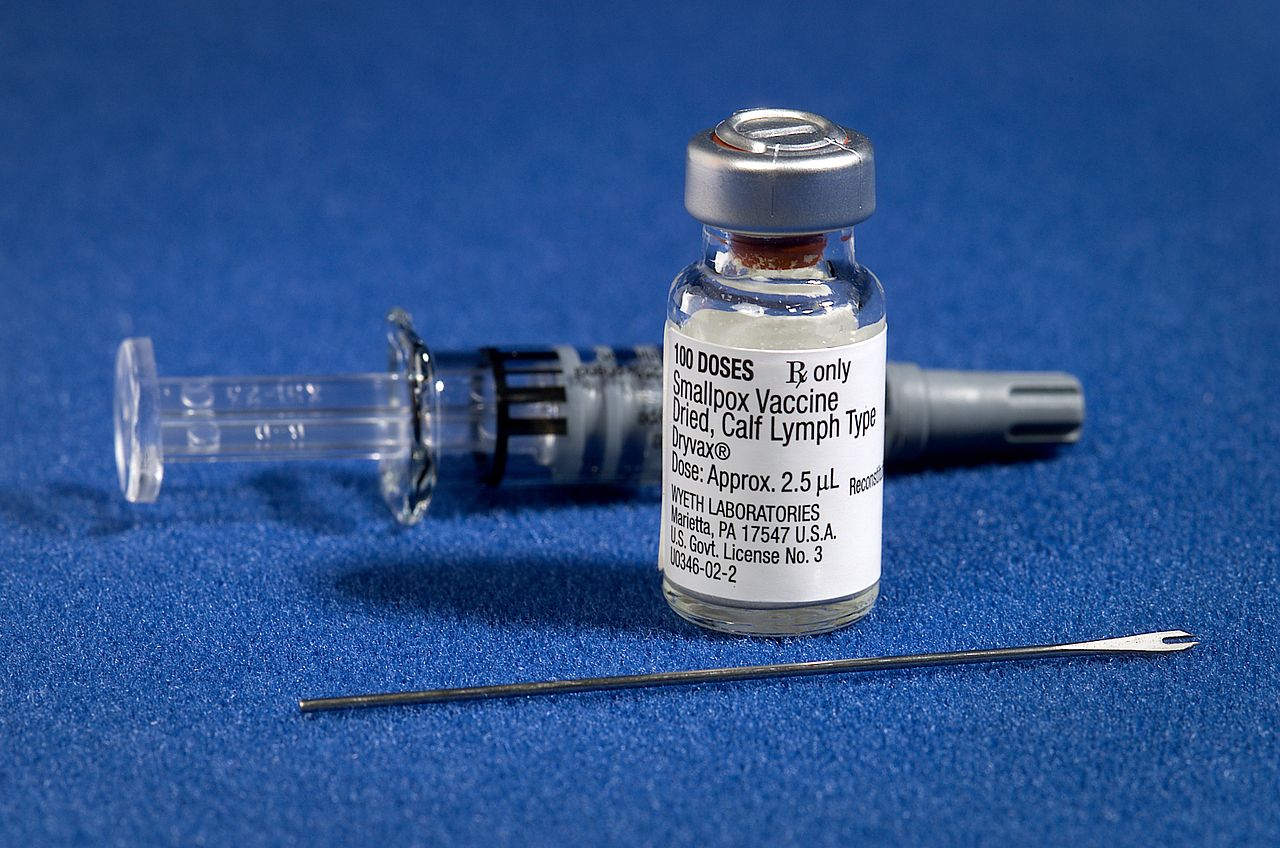Views expressed in opinion columns are the author’s own.
A few weeks into my first semester at the University of Maryland, I got a call from my mom. She had seen a headline that a Georgetown University student died from meningococcal meningitis.
Meningococcal meningitis is the bacterial form of this deadly nervous system disease. However, it has a vaccine. The Centers of Disease Control and Prevention recommends 11- and 12-year-olds get vaccinated and receive a booster shot at age 16 to ensure they’re guarded during their young adult years, when this disease usually occurs. But there have been several cases of U.S. college students contracting and dying from meningococcal meningitis nonetheless.
The University of Maryland requires students living in dorms to provide proof of vaccination against this disease; close living quarters, such as college dorms, are often the breeding ground for meningitis. However, students are easily exempted from these requirements if they sign a waiver saying they understand the risks associated with not receiving the vaccine.
If these students were the only ones who might suffer from their decision, then maybe it would be morally permissible to let them waive their vaccine requirement. However, there are students who can’t receive vaccines for medical reasons. These students rely on herd immunity — the idea that if the vast majority of people are vaccinated, those who are not healthy enough for vaccines will be protected because those around them are immune and cannot carry or spread the disease.
Beyond universities, states do not require parents to vaccinate their children. Most states require children in public schools to receive certain vaccinations, but students can easily be exempt from this on religious or philosophical grounds. On top of this, there are children educated outside of the public school system.
So far this year, there have been at least 120 reported cases of measles in the continental U.S. Although this disease does not usually have long-term effects, it could induce hearing loss, pneumonia, encephalitis, intellectual disability and death. This disease is easily preventable with a vaccine, yet there are parents who refuse to vaccinate their children based on unbacked claims that vaccines cause autism or ADHD. Internet forums have allowed this belief to spread across the country like a virus in its own right.
Vaccinations should be mandatory. The federal government should require all children to receive the vaccinations recommended by the CDC according to its schedule of vaccinations. The only exception should be for individuals too sick to receive vaccines. Mandating vaccinations is not just for the benefit of these sick individuals, but also to protect the powerless children of severely misinformed parents. Some would argue that parents have the right to control all medical treatment for their children. This is wrong and fails to recognize the potential consequences of these decisions.
Refusing to vaccinate a child amounts to child abuse and neglect. If a parent failed to regularly feed their child, that child could become malnourished and face severe vitamin deficiencies resulting in illness or death. Similarly, if a parent fails to vaccinate their child, that child could contract an easily preventable disease and face lasting disability or even death.
Others would argue freedom of religion has to be accounted for. But religious freedom does not give people free will to do anything and justify it with religion. Faith cannot be used as an excuse for child neglect, and if a parent refuses to vaccinate their child, then they are neglecting the health and future of that child.
Mandates often frighten or anger people. However, once they are in place and saving lives, complaints become rare. We mandate seat belts and airbags in all cars to prevent automobile deaths, which initially faced severe opposition before becoming a standard. It is time that we give greater value to the lives of children than to the wishes of ignorant parents.
Mitchell Rock is a senior government and politics and physiology and neurobiology major. He can be reached at mrock13@umd.edu.



